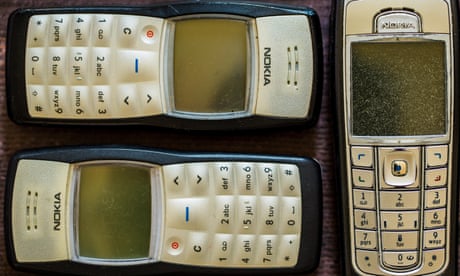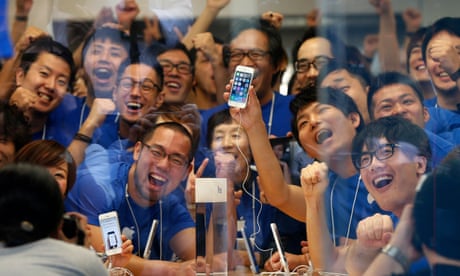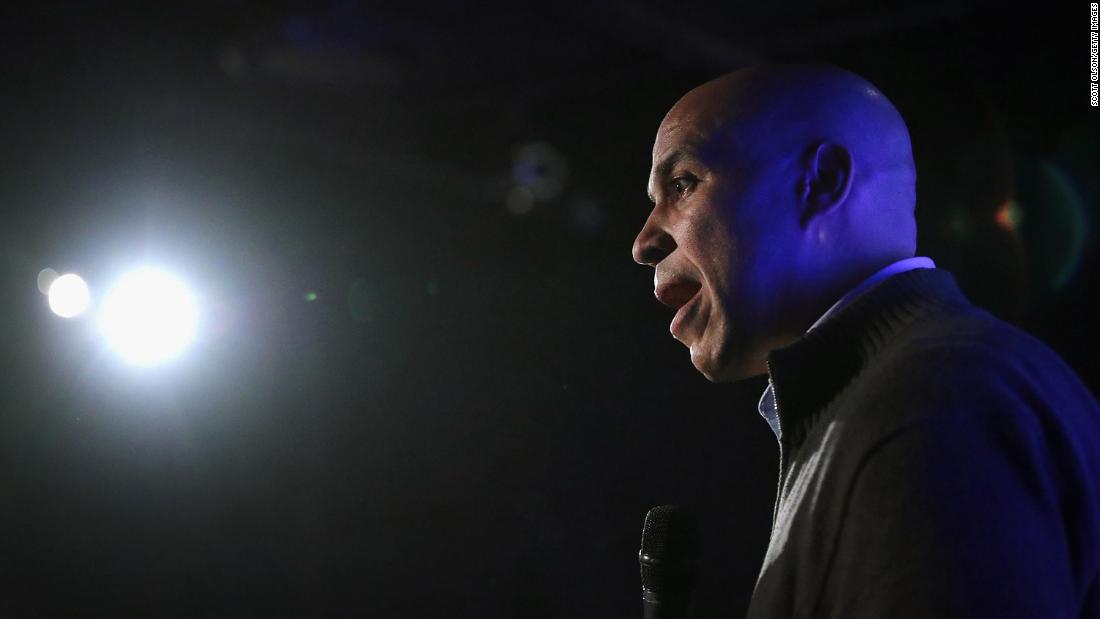- by theguardian
- 21 Sep 2023
Even a mugger didn�t want my old Nokia. So why are so many people turning to �dumbphones�? | Max Fletcher
Even a mugger didn�t want my old Nokia. So why are so many people turning to �dumbphones�? | Max Fletcher
- by theguardian
- 31 Mar 2022
- in technology

I was never ideologically opposed to smartphones. Or, at least, I wasn't at first. It all began one spring afternoon in 2006, when a group of friends and I were mugged. The assailant demanded our phones and wallets but when I handed him my Nokia 1110, whose keypad was strapped to it with an elastic band, the mugger's response was categorical: "Nah, mate."
It was humiliating. While my friends could bask in universal sympathy - they had, after all, lost their beloved and expensive BlackBerrys - I had to tell the rest of our school and the police that my phone was so crap it had been rejected. Even as a trophy.
But there was another way of looking at it. My Nokia had been through a lot. Dropped so much its case had smashed (for a while, when I lost the keypad, I even texted using the end of a blunt pencil), it had now survived a robbery. A more glamorous device would have crumbled under the pressure, but my phone was made of sterner, simpler stuff. In some ways, its crapness was its biggest asset.
When I thought about it like that, I wasn't ashamed of my phone; I was proud. And when I lost it in my second year of university, I decided I wouldn't upgrade. It was 2011, my friends were buying iPhones, but I stayed low-tech. For the next 10 years, I didn't look back. Now it seems more and more people are recognising the virtues of keeping it simple: just last week the BBC was heralding "the return of 'dumbphones'".
Functionality was never a problem. Dumbphones can call and text and, if you have a computer, that's really all you need. The biggest problem is the way others regard you. There are plenty names for people like me - refusers, anti-technologists, neo-luddites - and most of them are negative, defined in some way by saying no.
True, I wasn't saying "yes" to a smartphone, but then I didn't exactly have Apple executives banging on my door offering me an iPhone. My resistance, if it could be called that, was pretty passive. Besides, I was hardly living in a cabin in the woods. I had already succumbed to Facebook, I used Gmail. I still had a device in my pocket that was capable of converting a message into radio waves that travelled at the speed of light - even if, in predictive text, "food" always came out as "done".
The more smartphones took over, however, the more my resistance hardened into something more principled. Like anyone outside the mainstream I was forced to construct a rationale for my modus vivendi, not least to justify it to my friends, who had grown tired of sending me tailored invites to events because I wasn't on any WhatsApp groups.
- by travelpulse
- descember 09, 2016
Resort Casinos Likely Scuttled Under Amended Bermuda Legislation
Premier announces changes to long-delayed project
read more





